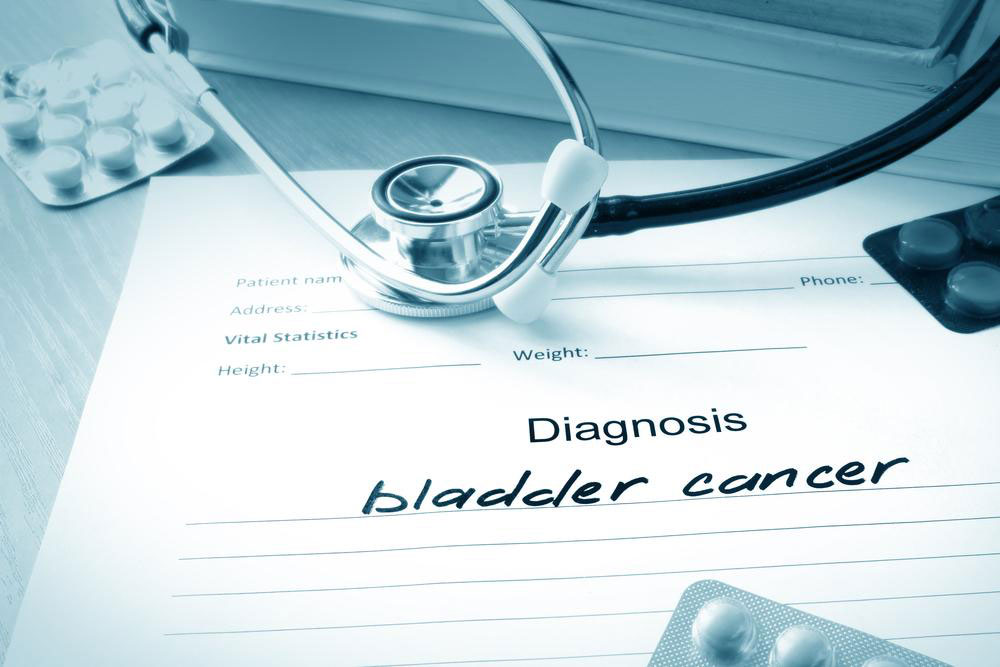Can Immunotherapy Be Helpful In Treating Bladder Cancer
The bladder is a muscle shaped like a balloon serving as the pouch for urine storage inside the body. When cancer begins in this muscle, it is known as bladder cancer or bladder carcinoma. Often considered as the most common type of cancer, affecting almost around 68,000 adults in the United States of America alone, bladder cancer affects men more than women.
Nowadays, there are many treatment options available for this type of cancer.

What is immunotherapy?
Immunotherapy is a cancer treatment therapy that is designed in such a way, that it stimulates the defense mechanism or immune system of the body to attack and destroy the cancer cells. There are two types of immunotherapy that are used for treating bladder cancer, these are:
- Checkpoint inhibitors
- Cancer vaccines
How effective is immunotherapy?
As far as the success rate of immunotherapy bladder cancer treatment is considered, it has delivered promising results in treating bladder cancer. The reason that this treatment has been very helpful in treating bladder cancer, is because it has not only helped in increasing the number of people who have had a great response after being treated with it, but it has also reduced the risk of recurrence of bladder cancer.
Are there any side effects?
Immunotherapy has often been found to cause a few side effects. However, one must remember that all of them are temporary side effects of the treatment and these effects fade away within a few days or a few weeks. Some of the common side effects of having immunotherapy bladder cancer treatment are mainly fluid buildup in the legs, high blood pressure, fatigue, sores in the mouth, diarrhea etc. After the first immunotherapy session is over, the side effects tend to be less severe during the next sessions.
Bladder cancer is treatable when it is diagnosed in its early stage. Though the immunotherapy bladder cancer treatment is very effective in treating bladder cancer, there’s always a chance that cancer could recur. Therefore, though cured, patients need to opt for follow-up tests as well. This should be done so that if cancer does return, it can be diagnosed early and can be treated effectively.